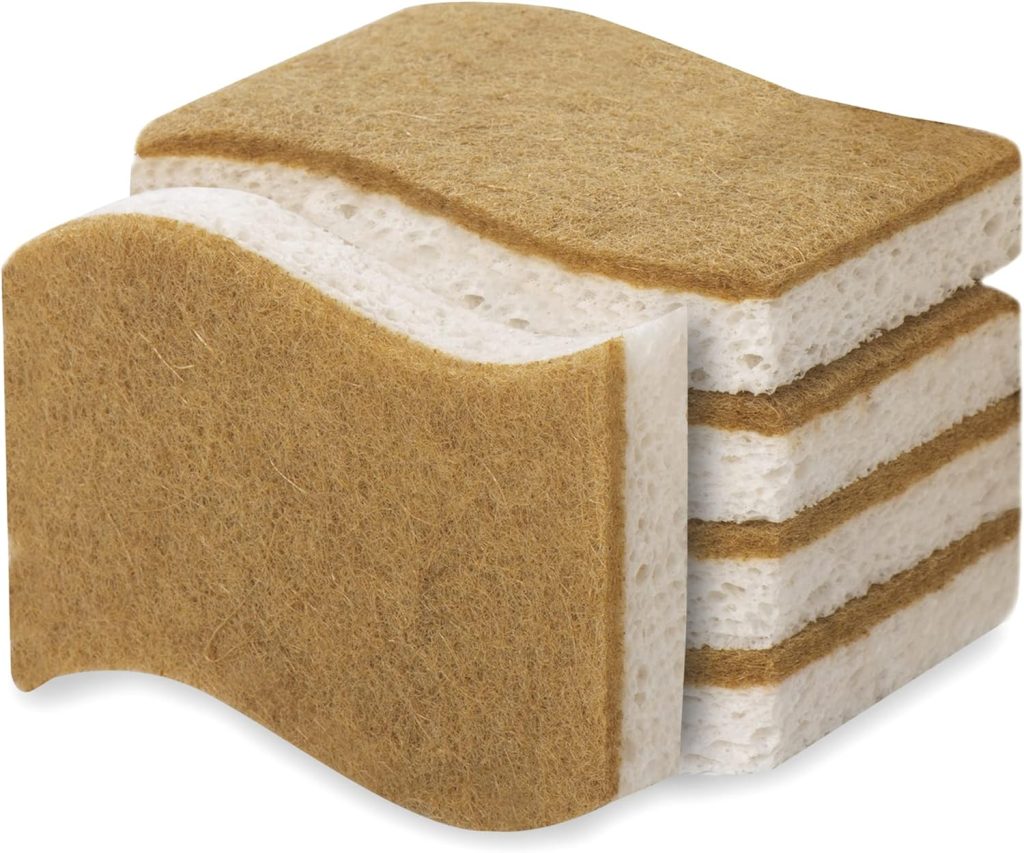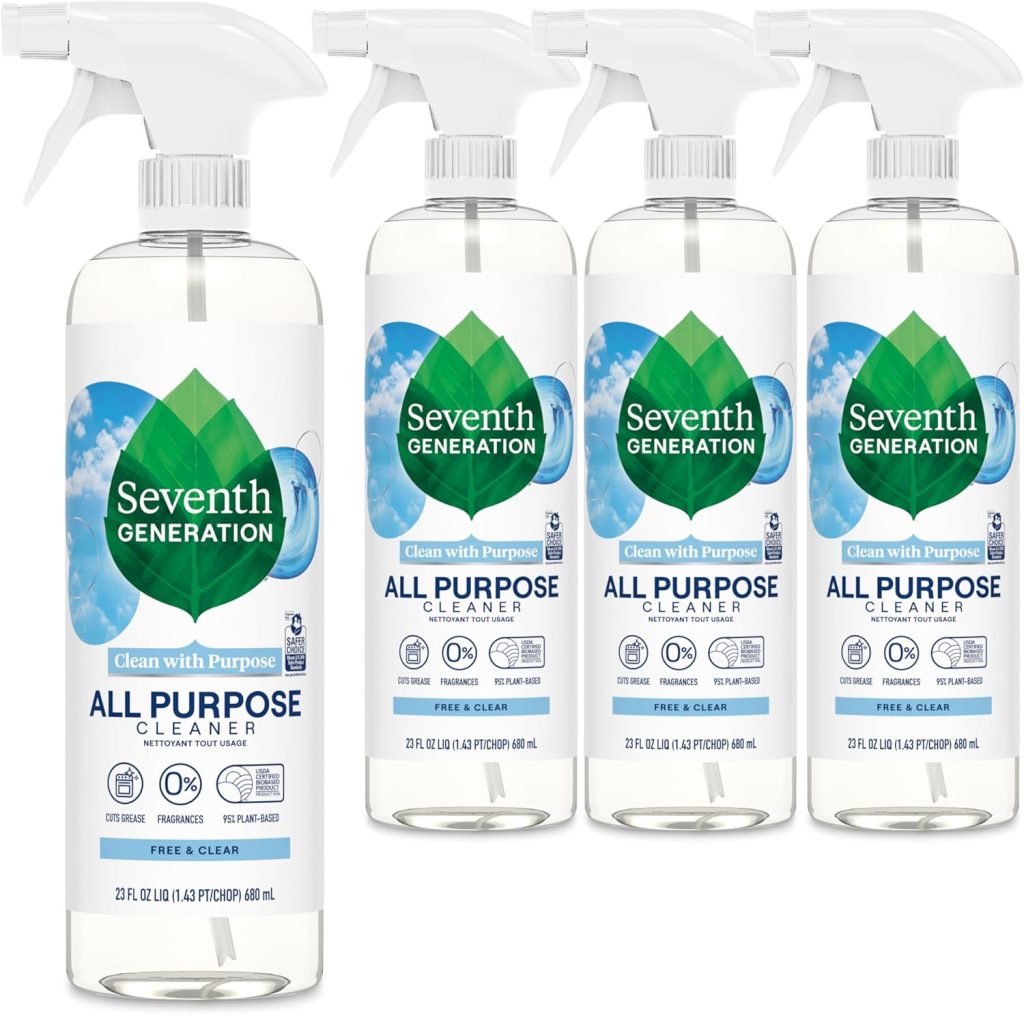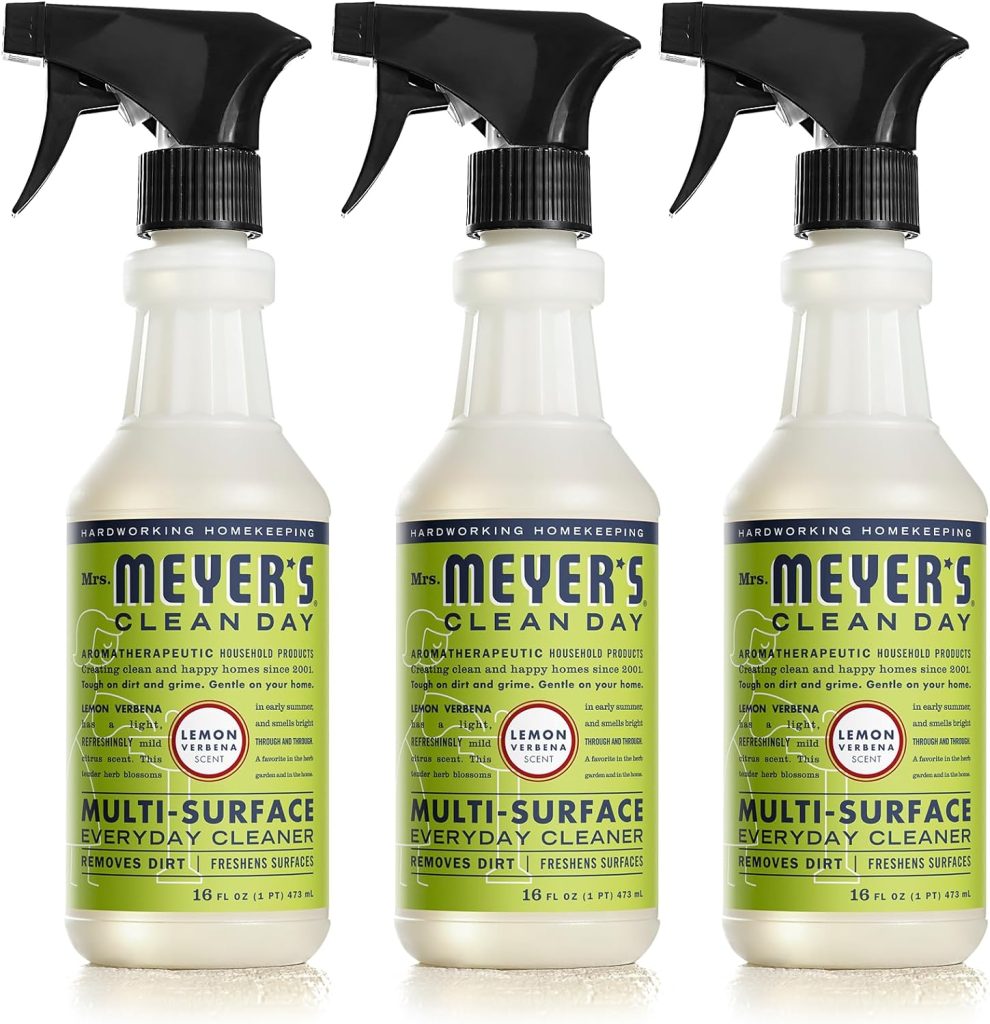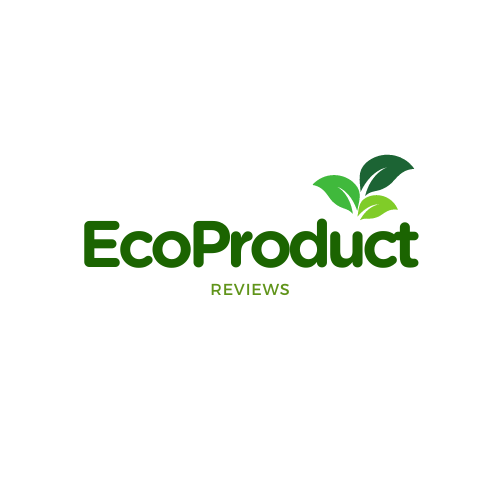Introduction
Want to know more about non toxic cleaning Products? In recent years, heightened awareness has emerged regarding the detrimental impacts of conventional cleaning products on our health and the environment. The shelves of supermarkets and convenience stores are often lined with a myriad of cleaning solutions promising cleanliness and hygiene. However, beneath the sparkling labels and fresh scents lie a host of synthetic chemicals that can wreak havoc on our well-being and ecosystems alike.

Conventional cleaning products, laden with harsh chemicals like chlorine, ammonia, phthalates, triclosan, and parabens, have long been linked to a range of health concerns. These chemicals not only contribute to indoor air pollution but also pose risks such as respiratory issues, skin irritations, allergies, and more severe conditions with prolonged exposure. Moreover, the disposal of these chemicals can further contaminate waterways and harm wildlife, perpetuating a cycle of environmental degradation.
As a result of these concerns, there is a growing movement towards embracing non-toxic cleaning products. These products are formulated with natural, plant-based ingredients that are biodegradable and pose minimal risk to human health and the environment. By opting for non-toxic alternatives, consumers are not only safeguarding their own well-being but also taking a proactive step towards reducing their ecological footprint.
The shift towards cleaning products reflects a broader societal awareness of sustainability and health-conscious living. With increasing access to information and resources, consumers are empowered to make informed choices that prioritize safety, sustainability, and the long-term health of both their families and the planet.
What are Non-Toxic Cleaning Products?
Cleaning products represent a paradigm shift in the cleaning industry, offering consumers a safer and more environmentally friendly alternative to traditional cleaners. These products are meticulously crafted using natural, biodegradable ingredients derived from plants and minerals, rather than relying on synthetic chemicals that can pose risks to human health and ecosystems.
The formulation of non-toxic cleaners prioritizes effectiveness without compromising on safety. They are designed to tackle dirt, grease, and grime on various surfaces including countertops, floors, windows, and appliances, while ensuring minimal environmental impact. By avoiding harmful chemicals such as chlorine, ammonia, phthalates, triclosan, and parabens—commonly found in conventional cleaners—non-toxic alternatives significantly reduce the potential for adverse health effects associated with exposure to these substances.

Moreover, cleaning products often feature natural fragrances derived from essential oils, offering a pleasant cleaning experience without synthetic perfumes that can trigger allergies or sensitivities. The absence of harsh chemicals also means that these products are gentler on surfaces and less likely to cause corrosion or damage over time.
In addition to their health benefits, non-toxic cleaners contribute to sustainability efforts by promoting biodegradability. After use, these products break down into harmless substances, reducing their impact on waterways and soil compared to their chemical-laden counterparts. This eco-conscious approach aligns with the growing consumer demand for products that support healthier homes and a cleaner environment.
Overall, cleaning products exemplify a proactive approach to maintaining cleanliness while prioritizing personal well-being and environmental stewardship. As awareness grows regarding the interconnectedness of human health and environmental sustainability, these products are increasingly becoming a preferred choice for conscientious consumers seeking effective, safe, and sustainable solutions for their cleaning needs.
Benefits of Using Non-Toxic Cleaning Products
1. Health Benefits
Cleaning products offer significant advantages for personal health and well-being. By eliminating harsh chemicals from your cleaning routine, these products reduce the risk of various health issues commonly associated with chemical exposure. Here’s how:
- Reduced Respiratory Problems: Conventional cleaners often contain volatile organic compounds (VOCs) and other airborne chemicals that can irritate the respiratory system, exacerbating conditions such as asthma and allergies. Non-toxic alternatives, formulated with natural ingredients like plant-based surfactants and essential oils, provide effective cleaning power without releasing harmful fumes.
- Gentle on Skin: Harsh chemicals in traditional cleaners can cause skin irritations, dryness, and allergic reactions, particularly for individuals with sensitive skin or pre-existing dermatological conditions. Non-toxic products, free from synthetic dyes, fragrances, and irritants, offer a gentler cleaning experience while maintaining skin health.
- Safer for Children and Pets: Families with young children and pets benefit greatly from using non-toxic cleaning products. Children and pets are more vulnerable to chemical exposures due to their smaller size and higher activity levels close to surfaces. Non-toxic cleaners provide peace of mind, knowing that accidental ingestion or prolonged exposure poses minimal risk compared to conventional products.
- Allergy-Friendly: For individuals prone to allergies or sensitivities, non-toxic cleaners are often hypoallergenic and free from common allergens. This reduces the likelihood of triggering allergic reactions and supports a healthier indoor environment.
2. Environmental Benefits
In addition to promoting personal health, cleaning products contribute significantly to environmental sustainability:
- Biodegradability: Unlike traditional cleaners that contain synthetic chemicals harmful to ecosystems, non-toxic alternatives utilize biodegradable ingredients derived from renewable resources. These ingredients break down naturally into non-toxic by-products after use, minimizing environmental impact and reducing strain on wastewater treatment systems.
- Reduced Water and Air Pollution: Harsh chemicals found in conventional cleaners can leach into water sources and contribute to water pollution. Non-toxic cleaners, formulated with plant-based surfactants and natural solvents, are less likely to contaminate waterways, thereby preserving aquatic ecosystems and supporting clean water initiatives.
- Lower Carbon Footprint: The production and use of non-toxic cleaning products typically result in lower carbon emissions compared to their chemical-laden counterparts. By opting for environmentally sustainable ingredients and packaging materials, manufacturers reduce energy consumption and greenhouse gas emissions throughout the product lifecycle.
- Supports Sustainable Practices: Consumer demand for non-toxic cleaning products encourages manufacturers to adopt sustainable practices, such as using recycled packaging and reducing waste generation. This collective effort contributes to a more circular economy and reinforces sustainable consumption habits among households worldwide.
Common Harmful Chemicals to Avoid
Awareness of the chemicals present in household cleaning products is crucial for maintaining a healthy home environment. Many conventional cleaners contain ingredients that can pose significant risks to human health and the environment. Here are some of the most common harmful chemicals found in cleaning products and their associated risks:
Chlorine and Ammonia
Chlorine and ammonia are powerful disinfectants and cleaners commonly found in bleach and window cleaners, respectively. While effective in removing stains and killing bacteria, these chemicals can have detrimental effects:
- Respiratory Irritation: Inhalation of chlorine and ammonia fumes can irritate the respiratory system, leading to symptoms such as coughing, wheezing, and shortness of breath. Prolonged exposure, especially in poorly ventilated areas, may exacerbate asthma and other respiratory conditions.
- Indoor Air Pollution: When used indoors, chlorine and ammonia can react with other chemicals present in the environment, forming harmful by-products such as chloramines and chlorinated organic compounds. These compounds contribute to indoor air pollution and may persist in the air long after cleaning.
- Health Risks: Long-term exposure to chlorine and ammonia has been linked to more severe health issues, including respiratory tract damage and even chronic lung diseases. Minimizing exposure by opting for non-toxic alternatives is essential for protecting respiratory health.
Phthalates
Phthalates are chemical compounds commonly used as fragrances in cleaning products to impart pleasant scents. However, they pose significant health risks, particularly concerning endocrine disruption:
- Endocrine Disruption: Phthalates can interfere with hormone function in the body, acting as endocrine disruptors. Prolonged exposure to phthalates has been linked to reproductive and developmental abnormalities, affecting fertility, fetal development, and hormone balance in both children and adults.
- Environmental Impact: Once released into the environment, phthalates can persist for extended periods, potentially contaminating water sources and accumulating in aquatic organisms. Their widespread use and persistence make phthalates a concern for environmental health as well.
Triclosan
Triclosan is an antimicrobial agent commonly found in antibacterial cleaners, hand soaps, and personal care products. Despite its intended purpose of killing bacteria, triclosan presents several health and environmental risks:
- Antibiotic Resistance: Overuse of triclosan in cleaning products contributes to antibiotic resistance, diminishing the effectiveness of medical antibiotics in treating bacterial infections. This poses a public health threat by reducing treatment options for infectious diseases.
- Hormone Disruption: Triclosan has been identified as an endocrine disruptor, affecting hormone function in animals and potentially in humans. It can interfere with thyroid hormone regulation and contribute to hormonal imbalances.
- Environmental Persistence: Triclosan is persistent in the environment and can accumulate in aquatic ecosystems, posing risks to aquatic life and potentially entering the food chain through bioaccumulation.
Parabens
Parabens are synthetic preservatives used in cleaning products and personal care items to extend shelf life by inhibiting microbial growth. Despite their widespread use, parabens pose notable health concerns:
- Hormone Mimicry: Parabens can mimic estrogen in the body, binding to estrogen receptors and potentially disrupting hormone balance. This mimicry has been linked to an increased risk of hormone-related cancers such as breast cancer, as well as reproductive disorders.
- Bioaccumulation: Like triclosan, parabens can bioaccumulate in the environment and persist in waterways after washing down drains. Their accumulation in aquatic organisms and subsequent exposure through the food chain raises ecological concerns.
How to Identify Non-Toxic Cleaning Products
Choosing these cleaning products involves understanding labels, ingredients, and certifications to ensure both effectiveness and safety for you and the environment:
- Read Labels Carefully: Look for labels that explicitly state “non-toxic,” “natural,” “biodegradable,” or “eco-friendly.” These labels indicate that the product is formulated without harsh chemicals that can harm your health or the environment. Avoid products that list chlorine, ammonia, phthalates, triclosan, parabens, and synthetic fragrances among their ingredients.
- Check Ingredient Lists: Even if a product claims to be non-toxic or natural, verify its ingredients. Familiarize yourself with common harmful chemicals and avoid products that contain them. Ingredients like plant-based surfactants, essential oils, and natural minerals are typically safer alternatives.
- Look for Third-Party Certifications: Seek products certified by reputable third-party organizations such as EPA Safer Choice, Green Seal, Ecologo, or USDA Organic. These certifications provide independent verification of a product’s safety, environmental responsibility, and adherence to strict standards for ingredients and manufacturing processes.
Popular Non-Toxic Cleaning Products
Cleaning products come in various forms to meet different cleaning needs throughout your home:
- All-Purpose Cleaners: Ideal for cleaning kitchen countertops, appliances, and general surfaces without leaving behind harmful residues. Look for products that effectively remove grease and grime using plant-based ingredients.
- Dishwashing Detergents: Non-toxic dishwashing detergents are gentle on hands yet powerful against grease and food stains. Opt for products that are free from synthetic fragrances and dyes, making them suitable for sensitive skin.
- Laundry Detergents: Non-toxic laundry detergents are formulated to clean clothes effectively without relying on harsh chemicals. They are often fragrance-free or scented with natural essential oils, catering to individuals with allergies or skin sensitivities.
- Bathroom Cleaners: These products effectively remove soap scum, mold, and mildew from bathroom surfaces using non-toxic ingredients. Look for cleaners that are safe for use on tiles, sinks, tubs, and showers without compromising indoor air quality.
Tips for Transitioning to Non-Toxic Cleaning
Transitioning to non-toxic cleaning products is a positive step towards creating a healthier home environment. Here are practical tips to help you make the switch:
- Gradual Replacement: Start by replacing one cleaning product at a time as you finish existing supplies. This gradual approach allows you to assess the effectiveness and suitability of each non-toxic alternative.
- DIY Cleaners: Experiment with DIY cleaning solutions using simple ingredients such as vinegar, baking soda, lemon juice, and essential oils. These homemade cleaners are effective, economical, and customizable to meet specific cleaning needs.
- Safe Storage and Use: Store cleaning products safely out of reach of children and pets in their original containers or securely labeled bottles. Follow manufacturers’ instructions for proper use, dilution ratios, and disposal to maximize safety and effectiveness.
By adopting non-toxic cleaning practices, you contribute to a healthier indoor environment, reduce exposure to harmful chemicals, and support sustainable cleaning solutions that benefit both your family and the planet.
Top Picks of Non Toxic Cleaning Products on the Market
- Seventh Generation All-Purpose Cleaner

Seventh Generation All-Purpose Cleaner
Product Overview: The Seventh Generation All-Purpose Cleaner is a popular choice among eco-conscious consumers seeking effective cleaning solutions without compromising on safety or environmental impact. This product is formulated with plant-based ingredients, making it a non-toxic alternative to conventional cleaners that often contain harsh chemicals harmful to health and the environment.
Key Features:
- Plant-Based Ingredients: The cleaner harnesses the power of plant-derived surfactants and essential oils to effectively remove dirt, grease, and grime from various surfaces.
- Non-Toxic Formula: Free from chlorine, ammonia, phthalates, and synthetic fragrances, the Seventh Generation cleaner reduces the risk of respiratory irritations and allergic reactions commonly associated with chemical cleaners.
- Eco-Friendly: The formulation is biodegradable, contributing to lower environmental impact compared to traditional cleaning products. It is designed to break down naturally without leaving harmful residues.
Performance: Users praise the Seventh Generation All-Purpose Cleaner for its versatility and cleaning efficacy across different surfaces:
- Kitchen and Bathroom: Effective on countertops, appliances, sinks, and bathroom fixtures, leaving surfaces clean and streak-free.
- Household Use: Suitable for everyday cleaning tasks, including floors, walls, and other hard surfaces, without dulling finishes or damaging materials.
User Experience: Customers appreciate the mild, natural scent derived from essential oils, which provides a refreshing cleaning experience without overpowering artificial fragrances. The spray nozzle ensures easy application and even distribution of the product, enhancing user convenience during cleaning routines.
Environmental Impact: Seventh Generation’s commitment to sustainability is evident through its use of recycled packaging and adherence to stringent environmental standards. The cleaner’s biodegradable formula supports eco-friendly practices, aligning with consumers’ desire for products that promote environmental stewardship.
Conclusion: The Seventh Generation All-Purpose Cleaner stands out as a reliable choice for conscientious consumers seeking a non-toxic cleaning solution that prioritizes both effectiveness and environmental responsibility. Its plant-based ingredients and eco-friendly formulation make it a versatile option for maintaining a clean, healthy home while minimizing ecological footprint.
Rating: 4.5/5 Overall, the Seventh Generation All-Purpose Cleaner receives high marks for its performance, safety, and commitment to sustainability, making it a recommended choice for households looking to transition to non-toxic cleaning products.
2. Black Swan All-Purpose Non-Abrasive Cleaner

Product Overview: The Black Swan All-Purpose Non-Abrasive Cleaner is designed to provide effective cleaning power while prioritizing safety and versatility. This cleaner is formulated to tackle a wide range of cleaning tasks without the use of abrasive ingredients, making it suitable for various surfaces in homes and commercial settings.
Key Features:
- Non-Abrasive Formula: The cleaner offers gentle yet effective cleaning without scratching or damaging surfaces, making it suitable for delicate materials such as countertops, ceramic tiles, and stainless steel appliances.
- Non-Toxic Ingredients: Free from harsh chemicals like chlorine, ammonia, and phosphates, the Black Swan cleaner minimizes environmental impact and reduces risks associated with chemical exposure.
- Multi-Surface Use: Ideal for kitchens, bathrooms, and other household areas, the cleaner effectively removes grease, dirt, and grime without leaving residue or compromising surface finishes.
Performance: Users appreciate the Black Swan cleaner for its versatility and cleaning efficacy:
- Kitchen: Effective on countertops, sinks, stovetops, and kitchen appliances, leaving surfaces clean and shiny.
- Bathroom: Removes soap scum, water stains, and mildew from tiles, bathtubs, and shower doors, restoring cleanliness without harsh odors.
- General Household: Suitable for everyday cleaning tasks, including floors, walls, and other hard surfaces, ensuring a fresh and sanitized environment.
User Experience: Customers commend the pleasant, mild scent of the Black Swan cleaner, which provides a refreshing cleaning experience without overwhelming artificial fragrances. The ergonomic spray bottle design facilitates easy application and precise control during cleaning routines, enhancing user convenience and efficiency.
Environmental Considerations: While the Black Swan cleaner emphasizes non-toxic ingredients and reduced environmental impact, specific certifications or detailed sustainability initiatives were not prominently featured. Consumers seeking eco-friendly options may consider verifying additional environmental credentials or third-party certifications for further assurance.
The Black Swan All-Purpose Non-Abrasive Cleaner offers a reliable choice for households and businesses seeking an effective, non-toxic cleaning solution. Its gentle formulation, multi-surface versatility, and user-friendly design make it a practical option for maintaining cleanliness while promoting environmental responsibility.
Rating: 4/5 Overall, the Black Swan All-Purpose Non-Abrasive Cleaner delivers satisfactory performance and safety benefits, making it suitable for conscientious consumers looking to incorporate non-toxic cleaning products into their daily routines.
3.Mrs. Meyer’s Clean Day Multi-Surface Everyday Cleaner

Product Overview: Mrs. Meyer’s Clean Day Multi-Surface Everyday Cleaner is renowned for its effective cleaning power and delightful, natural scents derived from essential oils. This all-purpose cleaner is formulated with plant-based ingredients, making it a popular choice among environmentally conscious consumers seeking non-toxic cleaning solutions.
Key Features:
- Plant-Based Ingredients: The cleaner harnesses the cleaning power of essential oils and other plant-derived ingredients, ensuring effective removal of dirt, grease, and grime without harsh chemicals.
- Non-Toxic Formula: Free from chlorine, ammonia, phthalates, and parabens, Mrs. Meyer’s cleaner prioritizes safety for both users and the environment, reducing the risk of respiratory irritations and allergic reactions.
- Aromatherapeutic Scents: Available in various refreshing scents such as lavender, lemon verbena, and basil, each providing a pleasant cleaning experience without artificial fragrances.
Performance: Users consistently praise Mrs. Meyer’s cleaner for its versatility and exceptional performance across different surfaces:
- Kitchen: Effectively cleans countertops, appliances, sinks, and kitchen fixtures, leaving behind a streak-free, polished finish.
- Bathroom: Removes soap scum, water stains, and mildew from tiles, bathtubs, and shower doors, maintaining cleanliness and freshness without strong chemical odors.
- Household Use: Suitable for daily cleaning tasks on floors, walls, and other hard surfaces, ensuring a clean and hygienic environment throughout the home.
User Experience: Customers appreciate the invigorating scents of Mrs. Meyer’s cleaner, which enhance the cleaning experience and leave rooms smelling naturally fresh. The easy-to-use spray bottle design provides convenient application and efficient coverage, making cleaning routines more manageable and enjoyable.
Environmental Considerations: Mrs. Meyer’s Clean Day brand emphasizes sustainability through its commitment to using biodegradable ingredients and recyclable packaging. While specific certifications such as EPA Safer Choice or Green Seal were not prominently featured, the brand’s reputation for environmental responsibility resonates with eco-conscious consumers.
Conclusion: Mrs. Meyer’s Clean Day Multi-Surface Everyday Cleaner stands out as a reliable choice for households seeking effective, non-toxic cleaning solutions with a focus on natural ingredients and aromatherapeutic benefits. Its plant-based formulation, delightful scents, and commitment to environmental sustainability make it a preferred option among conscientious consumers.
Rating: 4.5/5 Overall, Mrs. Meyer’s Clean Day Multi-Surface Everyday Cleaner earns high marks for its performance, safety, and eco-friendly attributes, making it an excellent choice for those prioritizing health-conscious and environmentally responsible cleaning products.
Conclusion
Making the switch to non-toxic cleaning products is not only beneficial for your health but also for the environment. By choosing products that are safer and more eco-friendly, you contribute to a healthier home and a sustainable future.
Enjoy reading, Eco Product Reviews
